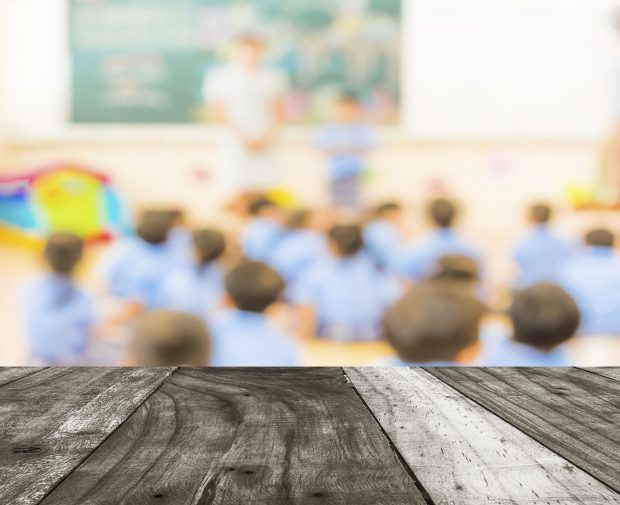
Today’s Education in the media blog looks at the investment the department is making to increase school places, and updated guidance for teachers as well as a speech to the Universities UK conference made by Universities Minister, Minister Gyimah.
School places
Today, Thursday 6 September, the Labour Party released analysis of House of Commons research on the number of children in classes over 30.
The department is making sure that we invest in increasing the number of school places. Between 2010 and 2017, 577,000 additional primary places have been created, of which 66,000 were created between 2016 and 2017 – meaning that the average infant class size is 27.3.
It isn’t just the quantity of places we’re increasing, but the quality of places too – since 2010, 1.9 million more pupils are in good or outstanding schools, a proportional increase from 66% to 86%.
This story was covered in the Times, Daily Mirror, the Daily Telegraph, Schools Week and The Sun.
Minister for School Standards, Nick Gibb said:
The proportion of infant pupils in classes of over 30 has actually decreased in each of the last 3 years – from 6.2% in 2015 to 4.9% in 2018. The average primary class size has also seen little change and currently sits at 27.1, well below the statutory limit, even with the increases in number of children attending primary school.
We are on track to create one million new schools places this decade – the largest increase for at least two generations. The number of pupils in overcrowded schools has actually decrease by over 43,000 since 2010 and we have also increased funding for school places, so that it has grown alongside the population increase, to meet local authorities’ pupil number projections.
Teacher staffing guidance
There has been coverage on an update the department has made to its staffing and employment advice for schools, which now includes an additional paragraph on political activity on school grounds.
The addition states that:
5.33 All staff have a responsibility to ensure that they act appropriately in terms of their behaviour, the views they express (in particular political views) and the use of school resources at all times, and should not use school resources for party political purposes.
Several outlets, including Schools Week, TES and The Guardian have covered this.
It has been the case since the Education Act 1996 was introduced, that under law, heads, governors and councils must prevent both the promotion of partisan political views and the pursuit of political activities by pupils under 12.
They must also take all reasonably practicable steps to make sure that where political or controversial issues are discussed with pupils this is done in a balanced way which reflects opposing views.
A DfE spokesperson said:
We regularly update guidance to make sure it is accurate and schools can deal with staffing issues correctly. Headteachers have long had a legal responsibility to provide a balanced presentation of opposing views when teaching political or controversial subjects. This update simply brings this guidance in line with the law, which makes clear that headteachers and local authorities must not promote partisan political views in school.
Minister Gyimah Speech
Yesterday the Universities Minister, Minister Gyimah, gave a speech at the annual UUK conference on British universities. He delivered a speech about his vision and role of universities post-Brexit, highlighting that they have a critical role in not only shaping the debate but demonstrating their economic value to the country.
Read the full speech here.